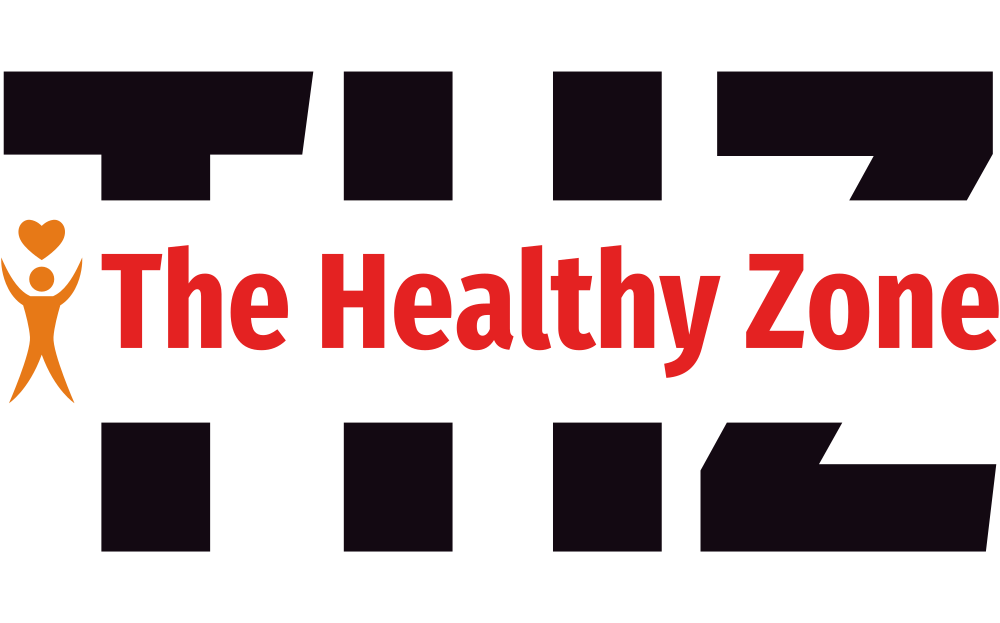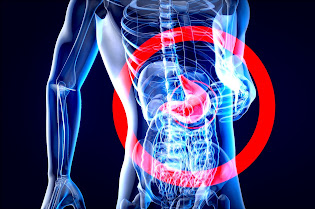How to Improve Your Digestion Naturally || How to Improve Digestive Health
1: Introduction
· ● Explanation of digestion and its
importance
· ● Common digestive problems
2.
2: Tips for improving digestion
· ● Drink plenty of water
· ● Eat fiber-rich foods
· ● Chew food properly
· ● Include probiotics in your diet
· ● Reduce stress
3.
3: Foods to avoid for better digestion
· ● Processed foods
· ● Fried foods
· ● Alcohol and caffeine
· ● High-fat foods
4.
4: Lifestyle changes for better digestion
· ● Exercise regularly
· ● Get enough sleep
· ● Quit smoking
· ● Practice mindful eating
5.
5: Conclusion
· ● Recap of tips for improving digestion
· ● Importance of taking care of your digestive health
6.
6: FAQs
How to Improve Your Digestion Naturally
Introduction:
Digestion
is the process by which your body breaks down food into nutrients that can be
absorbed and used by the body. Proper digestion is essential for good health as
it ensures that your body gets the nutrients it needs to function properly.
However, poor digestion can lead to a variety of health problems, such as
bloating, constipation, and diarrhea. In this article, we will discuss some
tips for improving your digestion naturally.
Tips for improving digestion:
1. 1: Drink plenty of water:
Drinking
plenty of water is essential for good digestion. It helps soften the stool, making it easier to pass, and prevents constipation. Aim to drink at least 8
glasses of water per day.
2.
2: Eat fiber-rich foods:
Fiber
is essential for good digestion as it adds bulk to the stool, making it easier
to pass. Foods that are high in fiber include fruits, vegetables, whole grains,
and legumes.
3. 3: Chew food properly:
Chewing
your food properly is important as it helps break down the food into smaller particles, making it easier to digest. Aim to chew each bite of food at least
20 times before swallowing.
4. 4: Include probiotics in your diet:
Probiotics
are good bacteria that live in your gut and help improve digestion. Foods that are
high in probiotics include yogurt, kefir, kimchi, sauerkraut, and miso.
5. 5: Reduce stress:
Stress
can have a negative impact on digestion. When you are stressed, your body produces more cortisol, a hormone that can slow down digestion. Practice relaxation techniques such as deep breathing, yoga, or meditation to reduce
stress.
Foods to avoid for better digestion:
1. 1: Processed foods:
Processed
foods are often high in sugar, fat, and salt, which can lead to digestive problems such as bloating and constipation. Choose whole foods instead, such as
fruits, vegetables, and whole grains.
2. 2: Fried foods:
Fried
foods are high in fat, which can slow down digestion and cause bloating. Choose
baked or grilled foods instead.
3. 3: Alcohol and caffeine:
Alcohol
and caffeine can irritate the stomach lining, leading to digestive problems
such as acid reflux and heartburn. Limit your intake of these substances.
4.
4: High-fat foods:
High-fat
foods can slow down digestion and cause bloating. Choose low-fat alternatives
instead, such as lean meats, fish, and low-fat dairy products.
Lifestyle changes for better digestion:
1. 1: Exercise regularly:
Exercise
can help improve digestion by increasing blood flow to the digestive system. Aim to get at least 30 minutes of moderate exercise per day.
2.
2: Get enough sleep:
Lack
of sleep can have a negative impact on digestion. Aim to get at least 7-8 hours
of sleep per night.
3.
3: Quit smoking:
Smoking
can have a negative impact on digestion by increasing the production stomach
acid. Quitting smoking can help improve digestion.
5.
Practice mindful eating:
Mindful
eating involves paying attention to your food and the act of eating. It can
help improve digestion by reducing stress and promoting better food choices. To
practice mindful eating, try to eat without distractions such as watching TV or
using your phone. Focus on the taste, texture, and smell of your food. Take
your time while eating, and stop when you feel full.
Conclusion:
Proper
digestion is essential for good health, and there are many things you can do to improve your digestion naturally. By drinking plenty of water, eating
fiber-rich foods, chewing your food properly, including probiotics in your
diet, reducing stress, avoiding processed and high-fat foods, exercising
regularly, getting enough sleep, quitting smoking, and practicing mindful
eating, you can help improve your digestion and reduce the risk of digestive
problems.
It's
important to take care of your digestive health to ensure your body gets the
nutrients it needs to function properly. By following these tips, you can
promote better digestion and overall health.
FAQs:
1.
1: How long does it take to improve
digestion naturally?
Improving
digestion naturally is a gradual process, and it may take several weeks or even
months to see significant improvements. However, by making small changes to your diet and lifestyle, you can start to feel better in just a few days.
2.
2: Can stress really impact digestion?
Yes,
stress can have a negative impact on digestion. When you are stressed, your
body produces more cortisol, a hormone that can slow down digestion.
3.
3: What are the best probiotic foods
for digestion?
Foods
that are high in probiotics include yogurt, kefir, kimchi, sauerkraut, and
miso.
4. 4: Can exercise really improve
digestion?
Yes,
exercise can help improve digestion by increasing blood flow to the digestive system.
5.
5: What are some common digestive
problems?
Common
digestive problems include bloating, constipation, diarrhea, acid reflux, and heartburn. If you are experiencing any of these symptoms, it's important to
talk to your healthcare provider.



0 Comments
Please don't enter any spam link in the comment box.